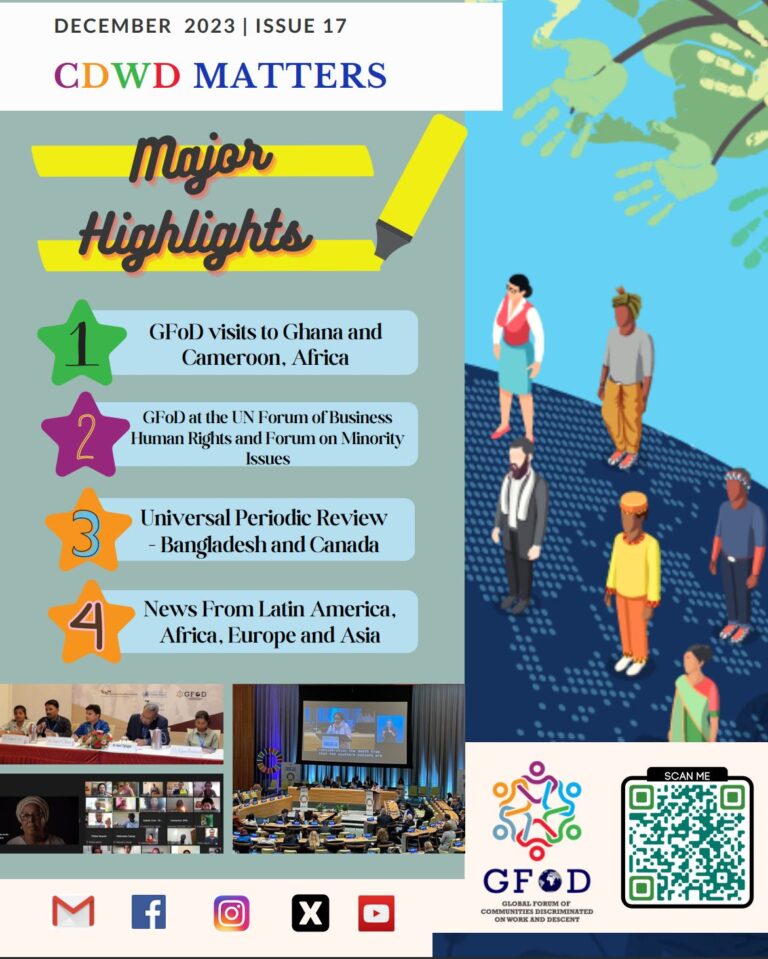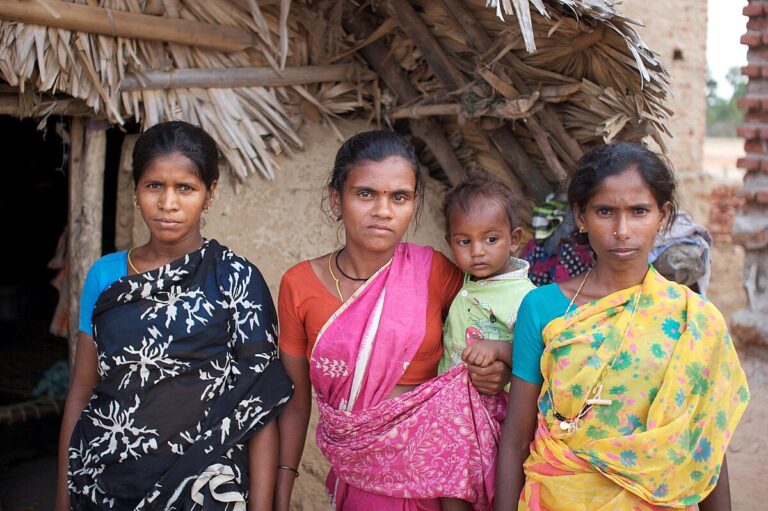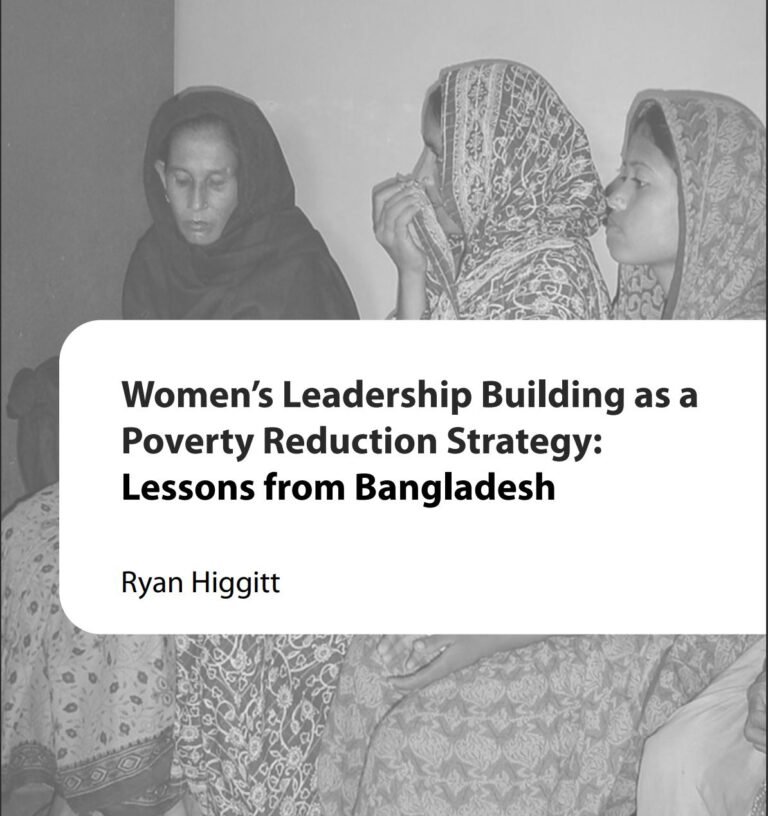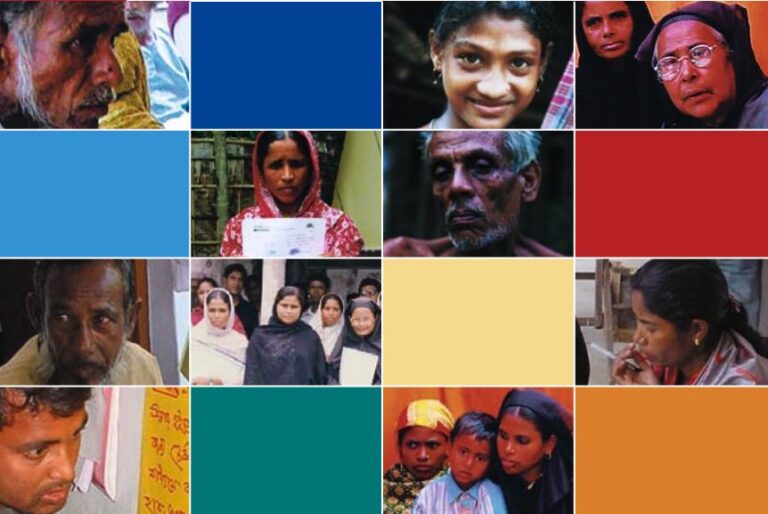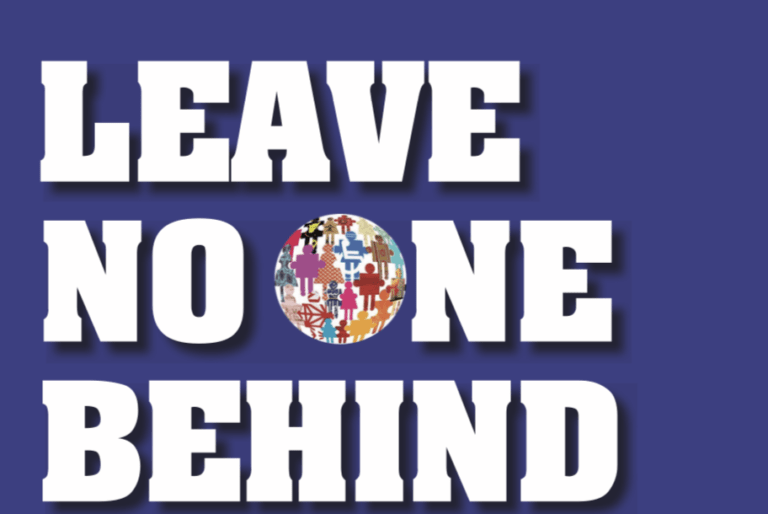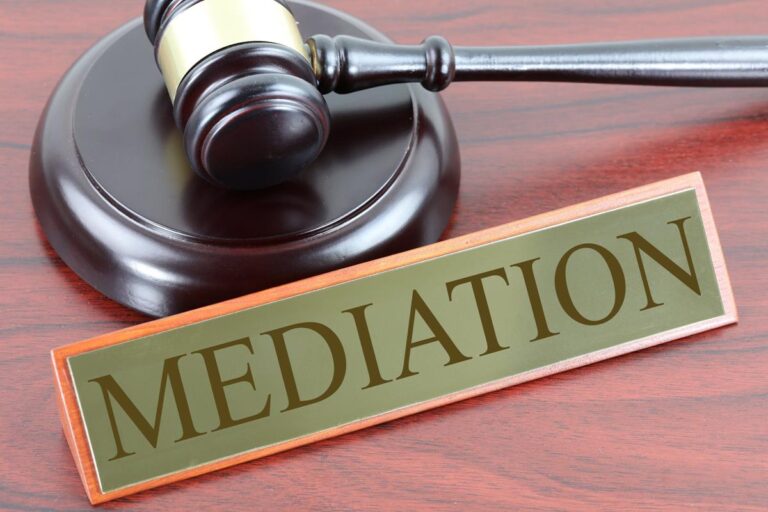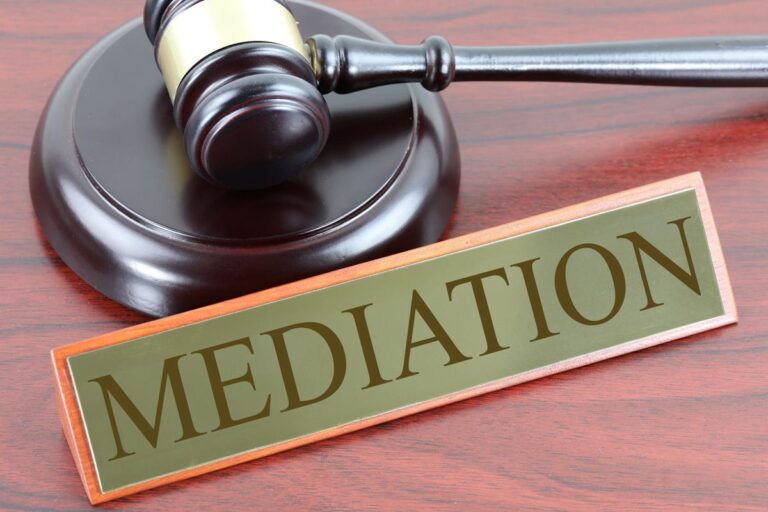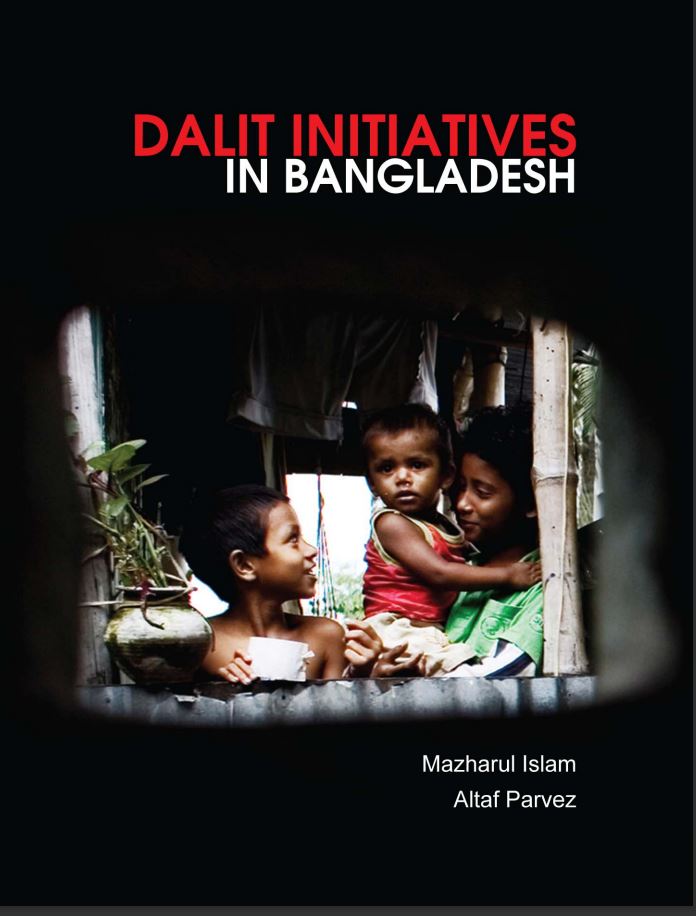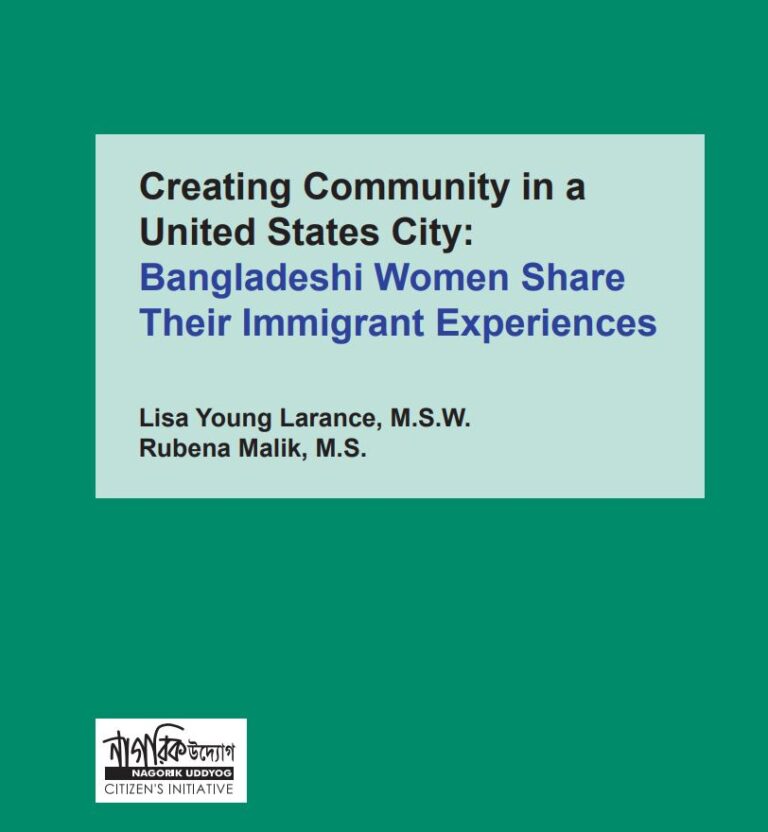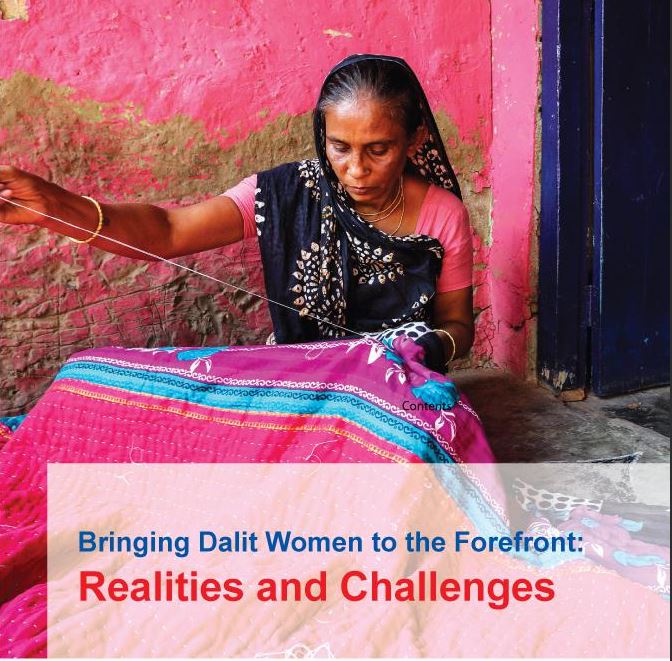CDWD December Newsletter: Read about our important updates in English, French and Portuguese
December was an important and exciting month for us, and we are glad to present our work in three languages for your perusal. From Global Forum of Communities Discriminated on Work and Descent visits to Ghana and Cameroon in Africa to GFoD at the UN Forum of BusinessHuman Rights and Forum on Minority Issue, we cover…


